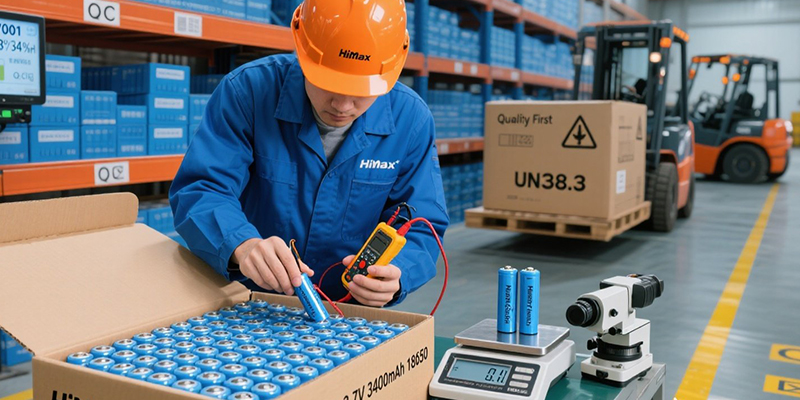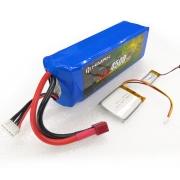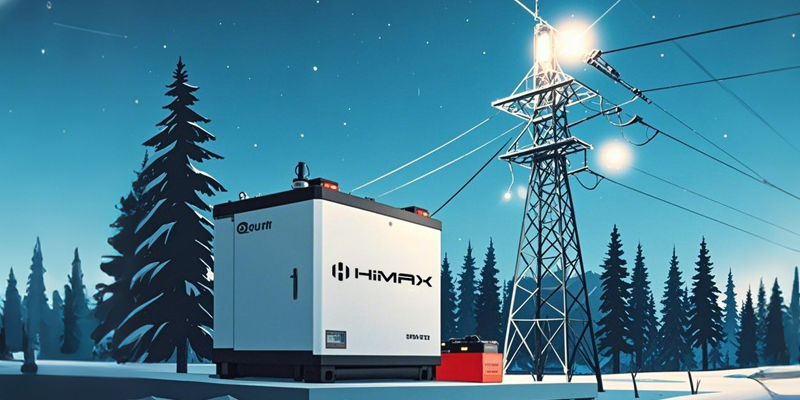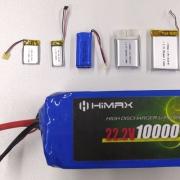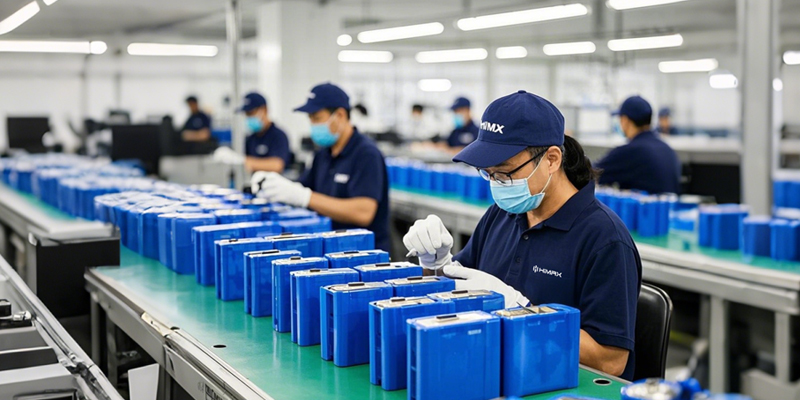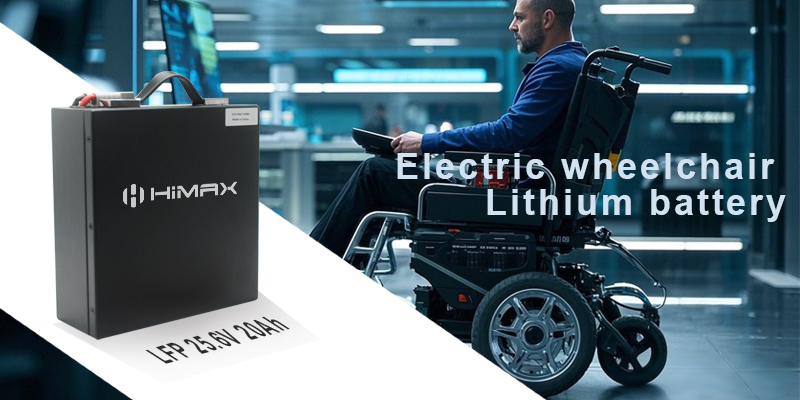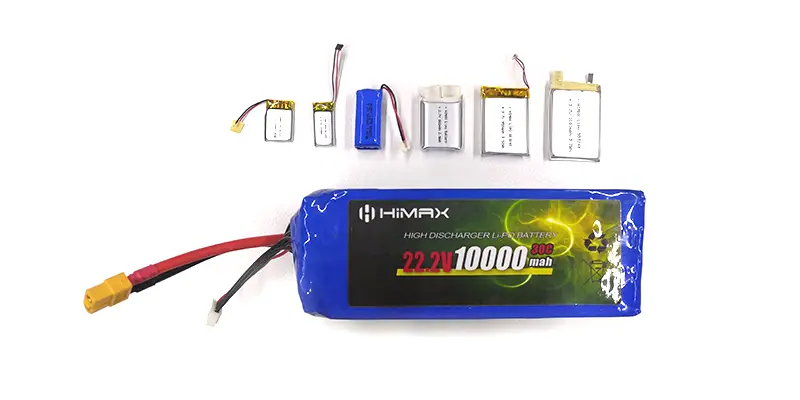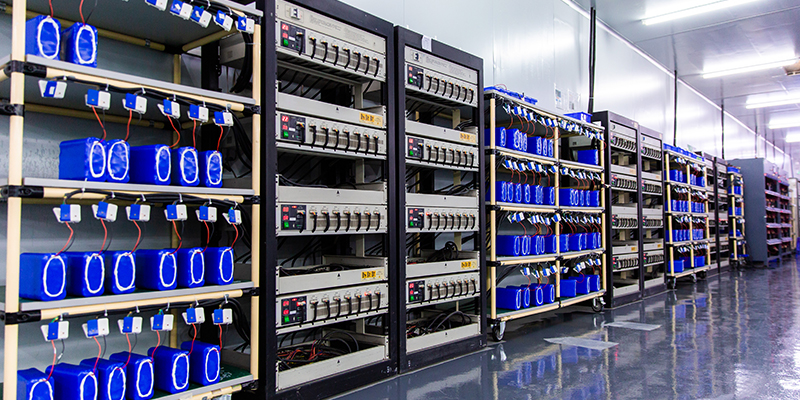How Advanced Battery Technology Powers GPS Trackers: A Deep Dive into 18650 Li-ion and Custom LiPo Solutions
In today’s fast-paced world, GPS trackers have become indispensable for asset management, personal safety, and logistics. At the heart of these devices lies a critical component: the battery. As a leading innovator in battery technology, Shenzhen Himax Electronics Co., Ltd. (brand: Himassi) specializes in high-performance 18650 lithium-ion batteries and custom lithium polymer (LiPo) batteries, delivering reliable power solutions for GPS tracking applications.
This article explores how these advanced battery technologies enhance GPS tracker performance, longevity, and adaptability across industries.
1. Why Battery Choice Matters in GPS Trackers
GPS trackers require batteries that balance energy density, lifespan, and environmental resilience. Key challenges include:
Long runtime: Trackers often operate for months/years without maintenance.
Temperature tolerance: Devices face extreme heat/cold in logistics or outdoor use.
Size constraints: Compact designs demand high-capacity batteries in small form factors.
Himassi’s 18650 Li-ion and custom LiPo batteries address these needs with tailored solutions.
2. 18650 Lithium-Ion Batteries: The Standard for Reliability
The 18650 Li-ion cell (18mm diameter × 65mm length) is widely adopted in GPS trackers due to its proven stability and cost-effectiveness.
Key Advantages:
High energy density: Stores more power per unit volume, ideal for prolonged use.
Robust cycle life: 500+ charge cycles with minimal capacity degradation.
Wide temperature range: Operates from -20°C to 60°C, suitable for harsh environments.
Typical Applications:
Fleet management trackers
Wildlife/pet tracking collars
Industrial asset monitoring
Himassi 18650 Battery Parameters (Example):
| Parameter | Specification |
| Capacity | 2000mAh–3500mAh |
| Voltage | 3.7V (Nominal) |
| Cycle Life | ≥500 cycles (80% capacity) |
| Operating Temperature | -20°C to 60°C |
| Dimensions | 18mm × 65mm |
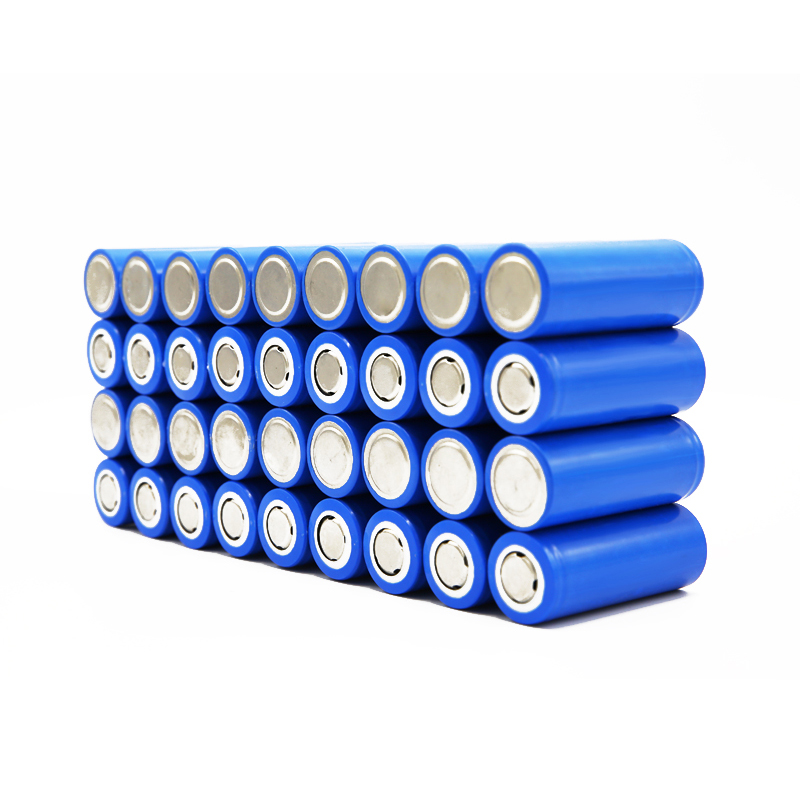
3. Custom Lithium Polymer (LiPo) Batteries: Flexibility for Specialized Needs
For GPS trackers with unique size/shape requirements or ultra-thin profiles, custom LiPo batteries offer unmatched design flexibility.
Key Advantages:
Thin and lightweight: As slim as 1mm, fitting space-constrained devices.
Custom shapes/sizes: Pouch cells adapt to irregular PCB layouts.
Enhanced safety: Built-in protections (overcharge, short-circuit).
Typical Applications:
Wearable GPS tags (e.g., elderly/child safety)
Miniaturized covert trackers
High-end logistics monitors
Himassi Custom LiPo Battery Parameters (Example):
| Parameter | Specification |
| Capacity | 100mAh–5000mAh |
| Voltage | 3.7V (Nominal) or custom |
| Thickness | 3mm–11mm (flexible options) |
| Cycle Life | ≥300 cycles (80% capacity) |
| Operating Temperature | -10°C to 50°C |
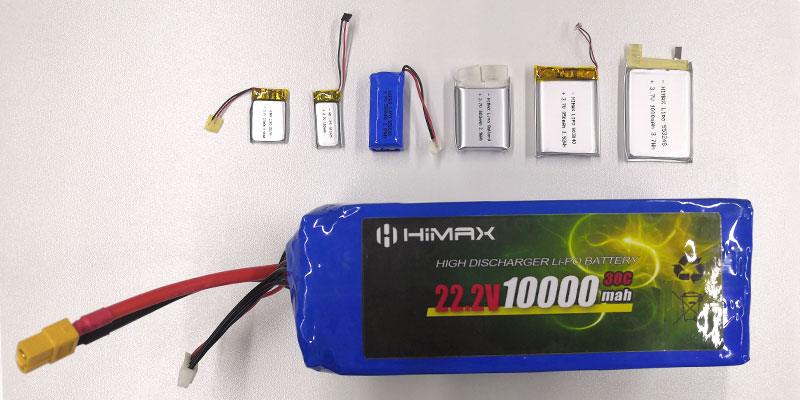
4. Choosing the Right Battery for Your GPS Tracker
Selecting between 18650 Li-ion and custom LiPo depends on:
Runtime needs: 18650 for higher capacity; LiPo for compactness.
Design constraints: LiPo for irregular shapes.
Budget: 18650 is more economical for standardized designs.
Himassi collaborates with clients to optimize battery performance for specific GPS tracker use cases.
5. Future Trends: Smarter, Longer-Lasting GPS Tracker Batteries
Emerging innovations like low-power Bluetooth (BLE) integration and energy-harvesting technologies (solar/kinetic) are pushing GPS tracker battery life further. Himassi’s R&D team is actively developing:
Higher-density 18650 cells (4000mAh+).
Ultra-low-temperature LiPo batteries (-30°C operation).
Conclusion
The reliability of a GPS tracker hinges on its power source. Shenzhen Himax Electronics Co., Ltd. (brand: Himassi) provides cutting-edge 18650 lithium-ion batteries and custom LiPo batteries to meet diverse tracking demands—from rugged outdoor deployments to discreet wearables. By leveraging these advanced battery technologies, businesses and consumers can achieve uninterrupted, long-term GPS monitoring.

